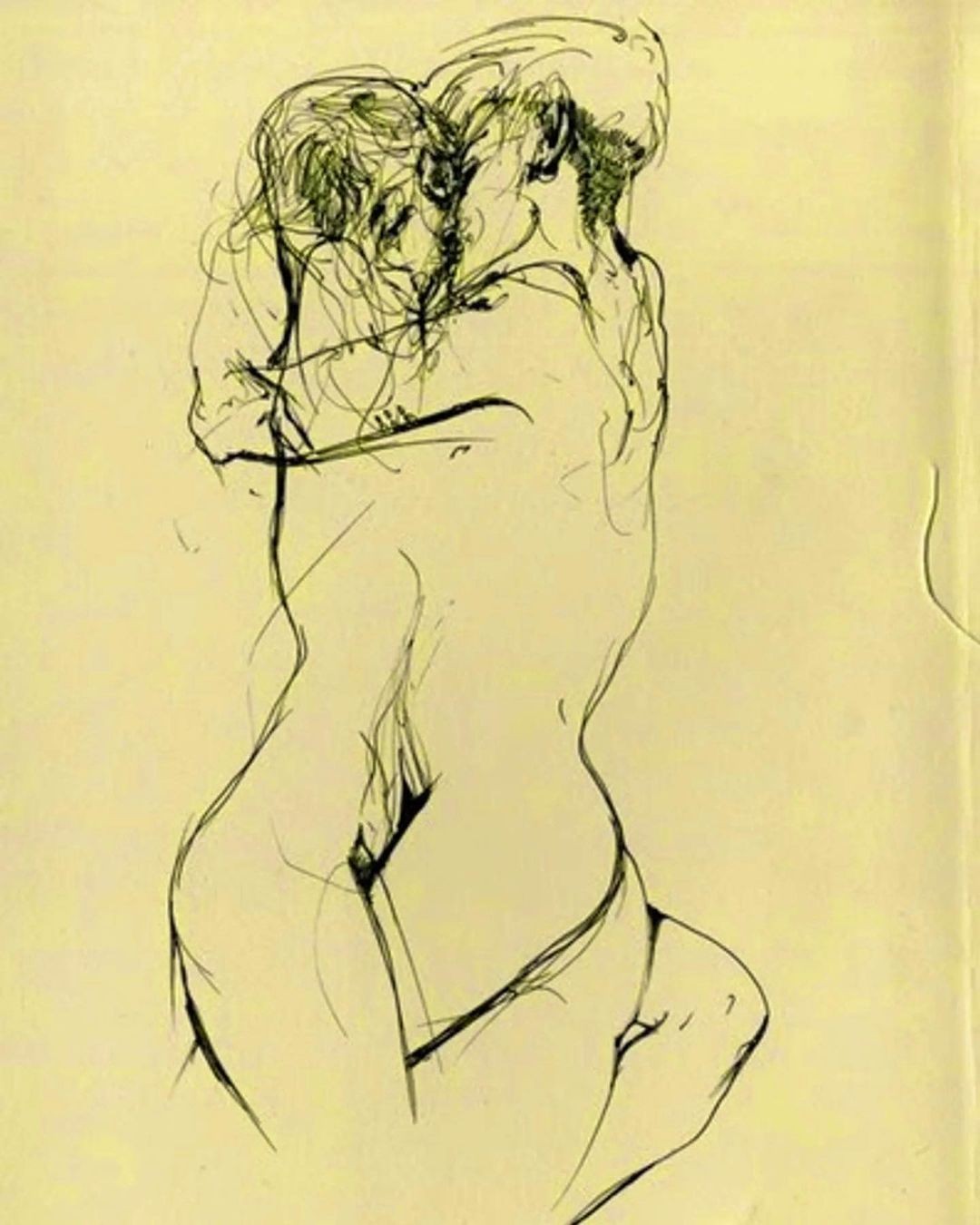In a culture obsessed with affirmation, we have canonised yes. It is the language of optimism, of opportunity, of emotional availability.
To say yes is to be open, agreeable, desirable. You are a participant in the theatre of modern connection. Yet the unexamined pursuit of yes has come at a cost that is demanded, rewarded, or assumed is not consent.
The philosopher Michel Foucault wrote that power is not only about domination; it is also about the subtle ways in which behaviour is shaped. Within this framework, consent becomes less about the binary of yes or no, and more about who is allowed to mean their yes and who is not. When cultural scripts teach women to please, when social hierarchies reward compliance, when emotional labour is gendered, the very concept of choice becomes porous.
Psychologists studying relational boundaries have long noted that autonomy is a precondition for intimacy. Esther Perel describes desire as “the space between self and other”. It is not the collapse of boundaries but their careful articulation. A relationship without boundaries is not closeness; it is enmeshment. It offers security at the expense of freedom, comfort at the cost of desire.

|
In this light, no is not rejection but architecture. It gives structure to our emotional landscape, defining where one ends and the other begins. It is the scaffolding that allows trust to grow. Without the possibility of no, our yes loses its shape. Audre Lorde, writing on the erotic as power, argued that the deepest form of pleasure emerges from self-knowledge. To experience the erotic fully, we must be attuned to what we do want, as much as to what we do. Boundaries, in this sense, are not walls but contours. They delineate the edges of desire, making it legible, communicable, alive. |
The modern language of consent often stops at permission. But real consent (what feminist philosopher Drucilla Cornell calls “ethical sexuality”) requires more than the absence of force.
It requires the presence of freedom, curiosity, and reciprocity. It is an ongoing conversation, not a single utterance. |
To be able to say no without fear of punishment, withdrawal, or ridicule is to be in the presence of safety. And safety is the soil in which eroticism can actually flourish. The no is not an interruption to desire, but it is what gives desire dimension.
The most intimate partnerships are those in which refusal and acceptance coexist without hierarchy; where both are honoured as equally valid expressions of selfhood. When no is welcome, yes becomes an act of trust rather than survival.
Because a world full of forced yeses is not a world of abundance, but of exhaustion.
And perhaps the quietest revolution is learning that love, too, can thrive inside the boundaries that protect it.





